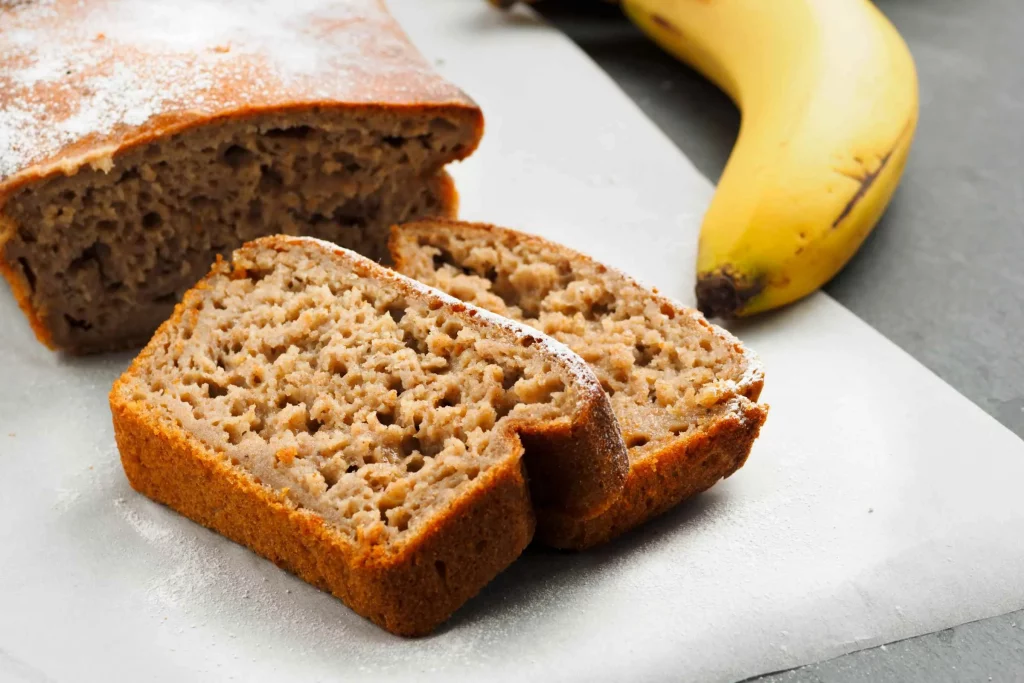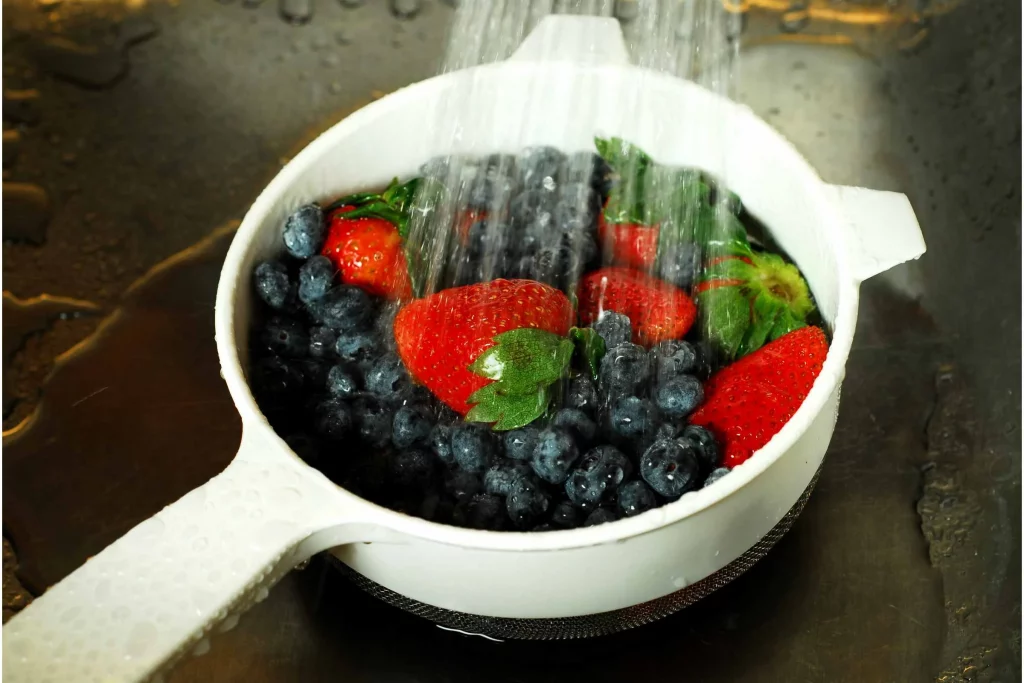Lifestyle
Published On
How to Keep Fruits from Spoiling: Essential Tips for Homeowners
Written By
With all the talk of macro and micronutrients, it is obvious that there has been an increased awareness of what we eat and their contribution to a healthy life. Therefore, the consumption of fruits, vegetables, and other plant-based produce has increased. But with eating more fruits comes the major question: how do you keep fruits from spoiling and getting wasted?
Around 45% of fruits and vegetables worldwide go to waste each year. And food waste costs about $2,500 per household. This wastage impacts the environment massively, as over 11.8% of greenhouse gas emissions globally are caused by food waste. It equally affects the global economy as the current level of food waste costs about $940 billion a year.
The highest cause of food waste at home is improper storage. This article will teach you how to store fruits properly to ensure that they remain fresh and nutritious for as long as possible.
Proper Storage Techniques
A. Refrigeration tips
- Optimal temperature: Different parts of your fridge have different temperatures and are best for different fruits. The crisper is really cold and is good for fruits such as apples, pears, ripe avocadoes, ripe bananas, and navel oranges. It is also good for storing overripe fruits. Other fruits like blueberries, strawberries, raspberries, and cherries need enough airflow and should be stored on the shelves instead.
- Separating ethylene-producing fruits from sensitive ones: In your arsenal of fruit storage tips, it is important that you understand which fruits are ethylene-producing and which are sensitive. Ethylene is a gas emitted from fruits that helps them get ripe. Ethylene-producing fruits include; apples, mangoes, melons, pears, plums, bananas, kiwis, and so on. When they are stored together with already-ripe fruits, they over-ripen them. If they are stored with ethylene-sensitive produce such as watermelons, cucumbers, carrots, and greens, they ripen them as well. Therefore they should be stored in different fridge compartments.
- Using perforated bags and containers: Perforated bags and containers allow for good airflow. Fruits that can be stored this way are cherries, berries, apples, pears, citrus fruits, and mangoes.
B. Room temperature storage
This might not come as a surprise to you, but most fruits will last a lot longer if they’re stored in the refrigerator. The cold environment prevents them from ripening quickly. You can keep unripe fruits on the counter only if you plan on eating them as soon as they ripen, which will happen quickly in that environment.
If your fruits ripen and you change your mind about eating them, move them to the fridge to buy some extra days before eating. The only fruit that should always be kept on the counter are tomatoes (It’s technically a fruit, so… yea, we are right). Even if they ripen, leave them on the counter as they lose flavor when chilled.
Tips For Reviving Overripe Fruits

Despite your best efforts to keep fruits from spoiling, having overripe fruits on hand is unavoidable. However, instead of tossing them out, they can be salvaged and used in making other fruity delights.
There are a lot of things that you can do with your overripe fruits;
- Make a smoothie
- Make a juice e.g. Orange juice.
- Make a fruit-flavored ice cream e.g. peach ice cream.
- Create a fruit jam e.g. strawberry jam.
- Bake a fruity delight e.g. blueberry muffins or banana bread.
Diy Fruit Preservation Methods
Preserving your fruits is a surefire way to ensure that they remain fresh, nutritious, and delicious till you’re ready to use them. The best DIY fruit preservation methods for longevity are;
1. Dehydrating
- Choose ripe, flavorful fruit to ensure that the texture holds up properly.
- Remove the seeds and pits. You can also remove the peel if necessary.
- Cut the fruit into equal-sized chunks. A fruit dried whole won’t dry evenly and will probably take forever. Small fruits like berries are an exception.
- Preheat the oven to its lowest temperature. This should be about 93°C or 200°F. You can also use a food dehydrator according to the manufacturer's instructions if you have one.
- Lay the fruit out evenly on a baking sheet.
- Place the fruit in the oven until it is dry. This should take anywhere from 8 hours to 2 days. You might be tempted to increase the temperature, but that bakes your fruit instead.
- Take out the fruit when it’s completely dried. It should be chewy and devoid of moisture.
- Store in an airtight container in a cool dark place.
2. Canning
The canning method that works best for fruit is water bath canning. The fruits are placed in a sealed, sanitized jar and boiled in order to kill off any bacteria. Canned fruit can last months.
- Choose ripe flavorful fruit.
- Choose a recipe based on the fruit you are using, as different fruits have different properties and are therefore canned differently. You can get a number of recipes from this Masterclass article.
- Get your equipment ready; mason jars, a deep pot with a lid or a water bath canner, a jar lifter, and a rack.
- Sanitize the jars by running them in the dishwasher or washing them with hot soapy water. Keep the jars hot until it’s time to use so that they don’t break when you put the hot fruit into it.
- Prepare your DIY water bath canner by placing your rack into the pot, filling the pot halfway with water, and bringing it to a simmer.
- Fill the jars with your prepared fruit (not all the way to the top. Leave some headspace) and seal tightly.
- Place the jars into your water bath canner or pot and bring to a boil. The time depends on the recipe you are following. Ensure that the water rises above the jars by about an inch.
- Remove the jars from your pot or canner with the jar lifter. Set it on a towel and leave undisturbed for 12-24 hours until the lid is fully sealed.
- Check the lids before storing them. If the lid turns inwards, it is properly sealed. If not, store in the fridge and consume it within a week. Properly sealed jars should be kept in a cool, dark place.
3. Freezing
- Choose ripe flavorful fruit.
- Remove the peel, seeds, and pits. It is important to remove the peel as it gains a weird texture after freezing.
- Cut the fruit into equal-sized chunks. A fruit frozen whole will freeze unevenly. As always, small fruits such as berries are an exception.
- Spread equally on a baking tray and put in the freezer for an hour.
- Place the fruit in a freezer bag, label it, then store it in the freezer.
Common Mistakes To Avoid

Here are some common mistakes to avoid while storing your fruits;
- Washing berries before refrigerating: All fruits have a protective layer that allows them to ripen slowly. Once that layer is washed off, the ripening process speeds up. This is especially true for berries.
- Storing Ethylene-Producing and ethylene-sensitive fruits together: When fruits that produce a lot of ethylene, such as bananas and apples, are stored with other ripe fruits, it speeds up the ripening process and can make all the fruit go bad if left unattended.
- Storing ripe fruits on your kitchen counter: Your kitchen is hotter than you think. All the gadgets plus the lighting emit heat. Therefore any ripe fruit should be put in the refrigerator. Unripe fruits, however, can be left on the counter.
- Leaving your ripe citrus fruits on the counter: You’re probably leaving these fruits on the counter so they don’t get hard in the fridge. However, most citrus fruits can last up to a week or more when refrigerated. To fix the problem of hardened fruits, simply bring them out of the fridge a couple of hours before you juice or eat them.
- Ignoring the warning signs: Your fruits give off warning signs when they are overripe or want to start going bad. They can start smelling sickly sweet, changing color, or becoming soft to the touch. Use up immediately if you start noticing anything.
In Summary…
Fruits are loaded with nutrients and antioxidants that help to keep your body in tip-top shape. Hence it is important always to have them on hand. In the past, you had to worry about spoilage but no more! You have been armed with the best tips to keep fruits from spoiling, so it should be easy-peasy-lemon-squeezy from here. Enjoy your delicious health journey 😉
Clean Tu Casa is the team to call for any cleaning service in Atlanta. We offer Atlanta residential cleaning services and corporate cleaning services. We provide commercial cleaning services in Marietta, Buckhead, and Brookhaven areas. Whether you want a one-time, weekly, bi-weekly, or monthly cleaning, simply reach out to us for your free quote today.
